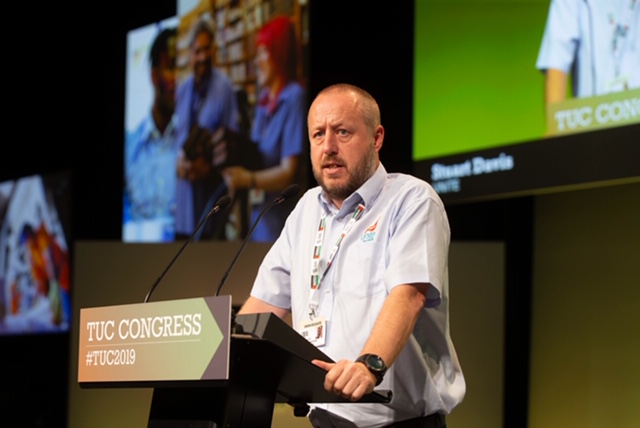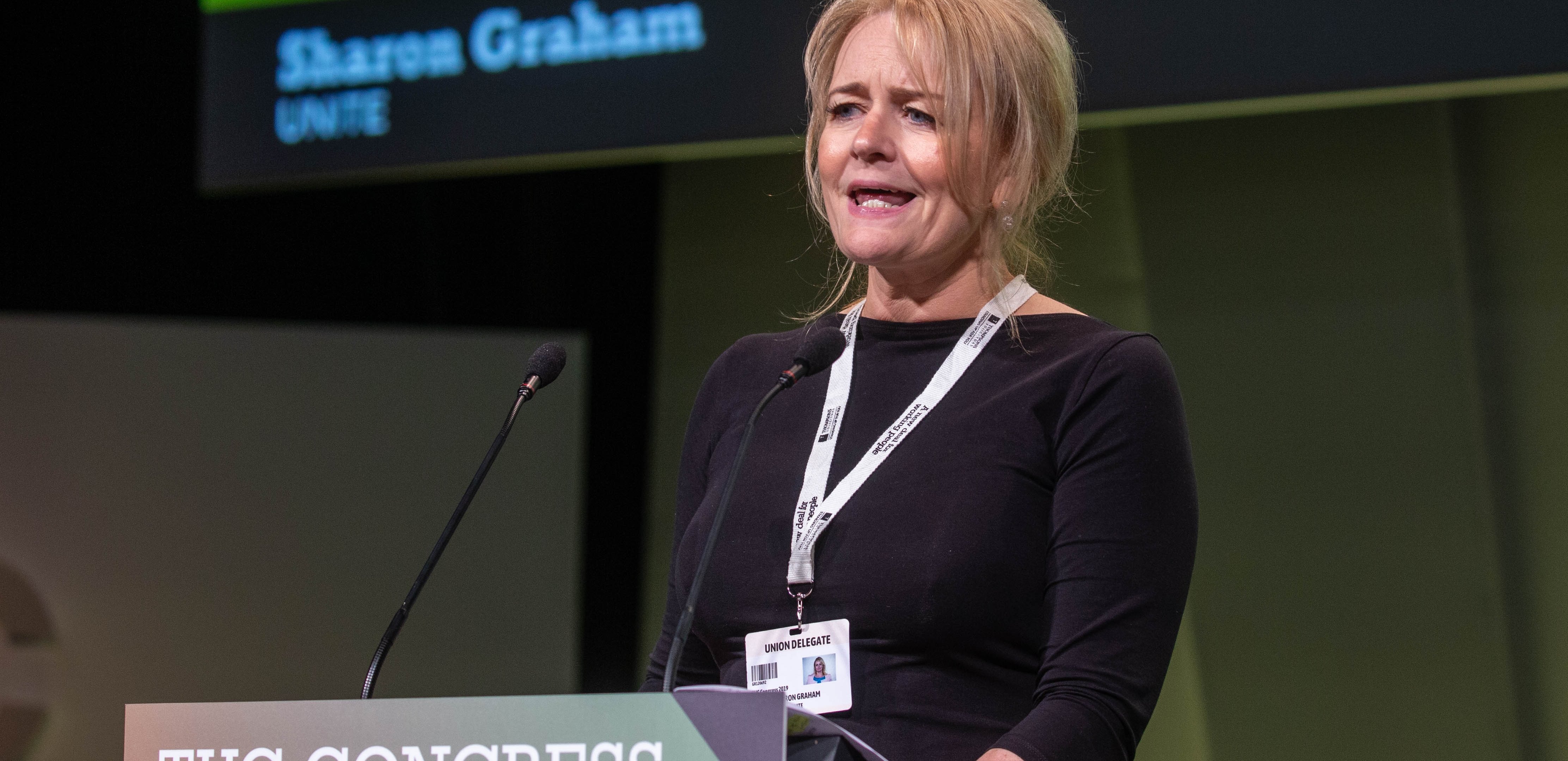Automation nation
People are more worried about robots taking their jobs than they are about competition from migrants, a new poll reveals.
The survey, conducted by jobs site Indeed of more than 1,500 UK adults, found that the falling value of the pound post-Brexit and automation and outsourcing were perceived as posing the greatest threat to jobs.
Indeed spokesman Mariano Mamertino criticised politicians, saying, “Workers have identified the threat of automation, even if politicians have largely ignored it.
“In the run-up to the election we have seen campaigns focused on issues such as Brexit, immigration and tax,” he noted.
“However, these results show that the average worker is much more unnerved by the prospect of being replaced by a machine and companies moving jobs abroad, rather than competition from immigration.”
Workers worrying about their jobs being displaced by robots are, in fact, justified – in some sectors, automation has already had an impact, explained Unite assistant general secretary Tony Burke.
“Automation is certainly having an impact in the service industry where we are seeing a lot more automation and less from human beings,” he said.
“In manufacturing Unite research shows the impact of robot technology on repetitive work with good terms and conditions.
“Companies such as BMW are increasingly using robots and we are seeing the use of co-bots, where a human works alongside a robot.”
The Bank of England’s chief economist Andy Haldane predicted in 2015 that around 15m jobs were at risk of being lost to machines as they become ever more sophisticated, with administrative, clerical and production jobs most under threat. Lower skilled jobs have in recent years been most vulnerable to automation-led job losses but mid- and high- skill jobs are at risk as well.
Because digital technology has and will have such a wide-ranging effect on jobs in all sectors, Burke said that transitioning into the fourth industrial revolution means that “there is no one-size-fits-all answer.”
“The technology cannot be uninvented and Unite will lobby and campaign to ensure that there is retraining, the development of new skills and that people aren’t pushed out of jobs onto the scrapheap,” he noted.
Earlier this year, Unite general secretary Len McCluskey called for more government action to prepare the workforce as the economy becomes increasingly automated.
“If Brexit is the most pressing challenge we face, it’s not the only one,” he said.
“Automation is also casting a long shadow. The replacement of workers by robots is an issue facing all parts of manufacturing and many service sectors, but it’s presently focussed on the motor industry above all.”
“Automation could be a good thing for industry and society, if handled in the right way – which means not seeing it as just another opportunity to cut jobs and costs and make a fatter profit,” McCluskey added.
“It should instead be an opportunity for a shorter working week with no loss in pay, or the gateway to a nationwide programme of re-skilling and up-skilling existing workers, while also creating new training and apprenticeship schemes.
“That won’t happen if a laissez-faire free-market approach is allowed to dominate.
“A world where our parents’ hopes for a â€job for life’, has been replaced with the hope for work for the next few years, is one that is insecure and uncertain.
McCluskey said the government must take the lead by setting up a Future of Automation Commission, which should involve “unions, employers, researchers and academics to find workable solutions to automation, opportunity and threat as it simultaneously is.”
Burke agreed, pointing out how the government under Theresa May has so far done little to prepare for the mammoth technological changes that will transform the economy.
“The Tory government consulted on digital strategy over the Christmas holiday, and they’ve ear-marked less than £300m for research and development of robotics and automation,” Burke highlighted. “Compare this to the Obama administration which put aside £6bn each year just into research and development of electric vehicles.”
He added that Unite is “now gearing up to discuss how automation and the digital revolution will affect our members.”
“It’s going to be tricky but we’re going to look at what the options are,” he said. “In this respect Unite is ahead of the game.”
 Like
Like Follow
Follow


